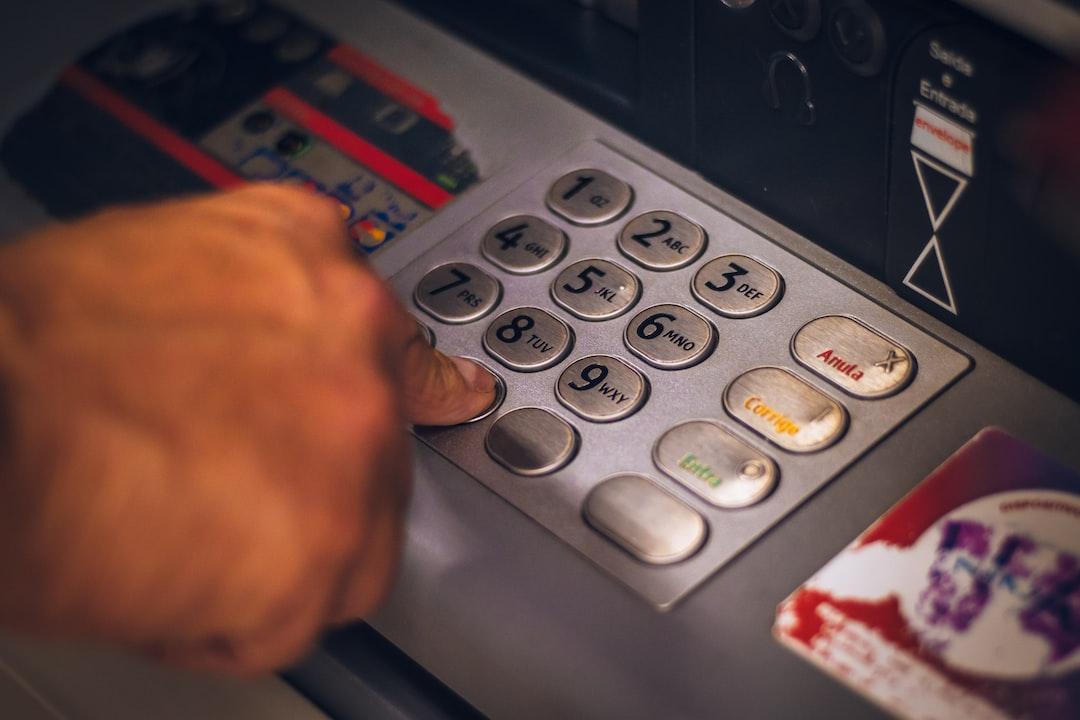Nigerian authorities persisted with their legal proceedings against Tigran Gambaryan on July 5th. The Binance executive has been held by the Economic and Financial Crimes Commission (EFCC) since February.
What began as concerns about currency manipulation has escalated into a significant legal battle involving Binance, the world’s largest cryptocurrency exchange, and Nigerian authorities.
The Troubles Begin
On February 20th, Binance’s Nigerian users encountered difficulties trading Tether (USDT) for the Nigerian naira on its peer-to-peer (P2P) platform, marking the beginning of more serious issues. Binance responded by restricting USDT purchases with naira, disabling the “Buy” option, and fixing a rate of 1,802 naira to the US dollar, citing fraud prevention measures.
In response to fears of currency manipulation and money laundering, Nigerian authorities subsequently blocked access to major crypto exchanges, including Binance, as confirmed by Binance itself. This crackdown led to the detention of Binance officials Nadeem Anjarwalla and Tigran Gambaryan in Abuja, Nigeria’s capital, amid an ongoing investigation by the Office of the National Security Adviser.
By March 5th, Binance ceased all services involving the Nigerian naira, halting deposits and withdrawals and delisting naira trading pairs. Users were given a three-day window to withdraw or convert their naira balances to USDT.
Related Developments
On March 18th, the EFCC obtained a court order requiring Binance to disclose information about its Nigerian users due to concerns regarding money laundering and terrorism financing. An inter-agency committee also alleged that forex manipulation contributed to the decline of the naira.
Escape and Legal Proceedings
Nadeem Anjarwalla managed to escape custody on March 19th, using his Kenyan passport during Ramadan prayers. Meanwhile, the Federal Inland Revenue Service (FIRS) initiated criminal proceedings against Binance for alleged tax noncompliance.
On April 8th, the EFCC added charges against Tigran Gambaryan for money laundering, currency speculation, and tax evasion amounting to $34 million. Despite Gambaryan’s plea not to represent Binance in court, he was transferred to the Kuje Correctional Center.
Binance CEO Richard Teng expressed dismay on May 7th over Gambaryan’s prolonged detention despite Binance’s cooperation. Binance also alleged that an unnamed Nigerian official demanded a $150 million crypto payment, which they interpreted as a bribe. The Nigerian Ministry of Information’s spokesperson, Rabiu Ibrahim, dismissed these bribery claims as false and diversionary.
Related Developments
On June 4th, twelve US lawmakers urged President Joe Biden to intervene for Gambaryan’s release, accusing Nigeria of levying baseless charges to pressure Binance. Nigeria’s Minister of Information defended the legal process, highlighting Binance’s substantial earnings from Nigerian operations.
Industry Concerns
By June 14th, the FIRS dropped charges against Gambaryan and Anjarwalla, focusing solely on Binance through its local representative. This decision freed Gambaryan from future court appearances. The Blockchain Industry Coordinating Committee of Nigeria (BICCoN) warned of the adverse effects of the legal dispute on Nigeria’s blockchain sector and advocated for a fair trial to restore investor confidence.
On July 2nd, Judge Emeka Nwite ordered the Kuje Correctional Center to release Gambaryan’s medical records due to health concerns. Despite his prolonged illness, Gambaryan, a US citizen, received limited medical attention.
Legal Proceedings Continued
The court completed the first witness examination in the EFCC’s case against Binance and Gambaryan, adjourning proceedings until July 5th.
Magazine:
Crypto-Sec: Phishing Scammer Targets Hedera Users, Address Poisoner Nets $70K


